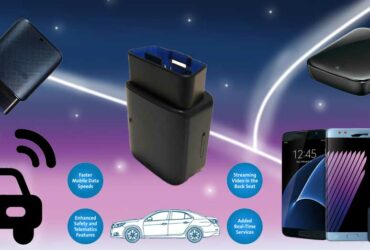A tremendous development in science and technology, the new lithium-metal battery has a number of distinguishing qualities. Current lithium-ion batteries can only be used for seven to eight years, which has recently caused worry among owners of electric vehicles. Drivers claim that it is preferable to purchase new electric vehicles because it is expensive to replace them.
Massachusetts-based Adden Energy, situated in Waltham, has obtained a license to start producing the distinctive batteries for the market with $15 million in investment in order to address this inequality issue. According to reports, the new lithium-metal batteries in our EVs have a 20-year lifespan and can charge completely in three minutes.
This extraordinarily effective battery generation is also the work of a team of Harvard University experts, and the design is based on a BLT sandwich. Yet, employing a sandwich-like construction, the issue of increasing “dendrites” has already been brought up. These ‘dendrites’ growth are allegedly easily controllable. According to reports, this new battery’s testing can be deemed successful.
The Harvard John A, Paulson School of Engineering and Applied Science’s Xin Li and colleagues carried out this research (SEAS). The battery has a palm-sized form factor with an aluminum-coated sheet covering it. Li, a scientific advisor at Adden Energy, claims that our technique is distinct from other solid-state batteries because conventional batteries require repeated charging. He claimed that’s why he considered creating it for sale.
There are always three components in a battery: the cathode, the anode, and the electrolyte. Also, a crucial component of that lithium-metal battery is it’s sandwich-like BLT architectural structure. Batteries employ two different electrolytes. They resemble the first layer of bacon and tomato in a sandwich, respectively. Similarly to that, adding another layer of tomato for the cathode and a final layer of bread for the anode will work.
The CTO of Adden Energy, Ye, stated that lithium-metal anodes typically generate dendrites, which grow like branches and can gradually reach the cathode through the electrolyte. We can now stop dendrite growth before it harms structures and materials thanks to revolutionary structural and material innovations.
The outcome is superb, highly effective, and long-lasting. Recent investigations have demonstrated that this novel new battery may keep its beneficial characteristics for a very long time.




